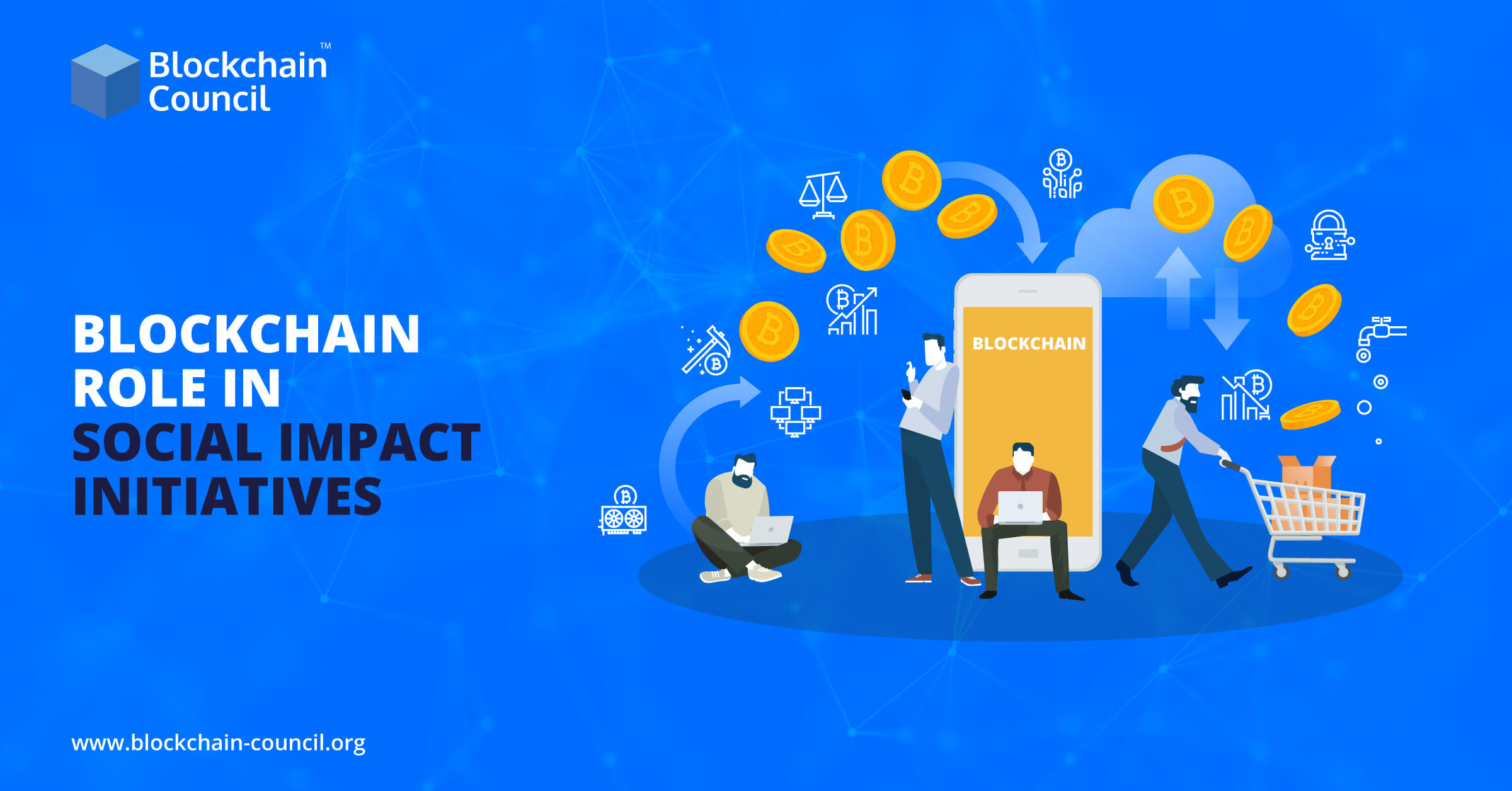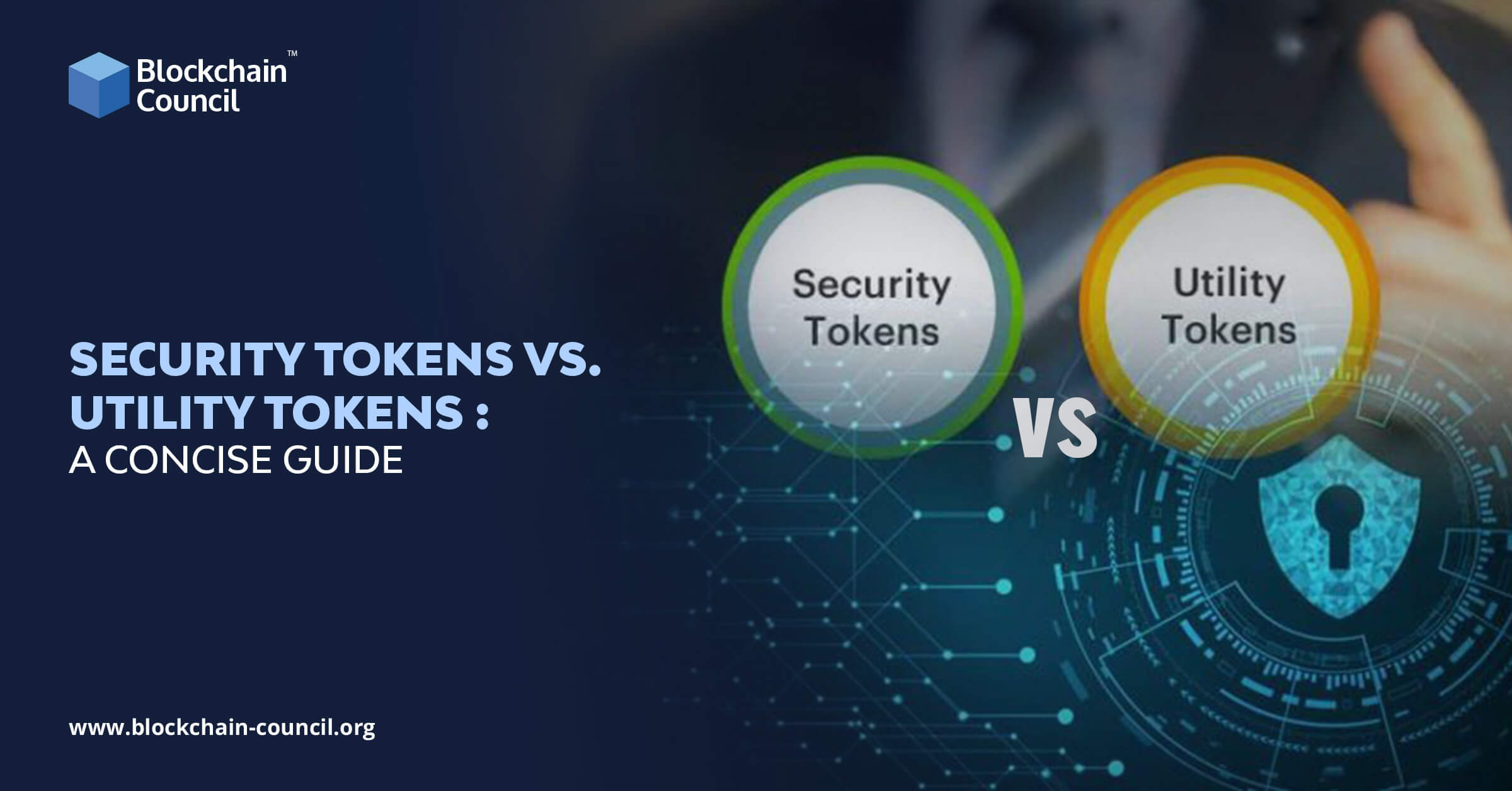
- Toshendra Kumar Sharma
- July 20, 2020
Wondering how blockchain is changing social impact initiatives? This article explains the concept of blockchain, its impact across various sectors and finally focuses on how technology is improving, and contributing to social impact.
Learning Of the Blog
- Blockchain Overview
- Blockchain in Social Impact
- How Blockchain Enhances Social Impact Initiatives
- Concluding Lines
Blockchain Overview
Blockchain is a distributed ledger technology that keeps track of transaction records while ensuring decentralization, transparency, immutability, and security. In simpler words, it is a distributed ledger that is completely open to everyone on the network. Once information is stored on a blockchain network, it is extremely difficult to change or modify it. Blockchain eradicates the need for third-party intermediaries, which in term reduces administrative costs. Its ability to offer traceability, trust, and security what makes blockchain technology exceptional.
When it comes to social initiatives, various projects are leveraging blockchain, like, for example, Disberse, which is a distribution platform for aid funding to track money and limit the losses. Similarly, Aidcoin is a cryptocurrency token for charitable giving built on Ethereum blockchain.
Curious to learn how to implement blockchain across various domains? Check out the Blockchain Council and become a Certified Blockchain Expert now!
Blockchain in Social Impact
Blockchain technology plays a significant role in various domains such as healthcare, agriculture, digital identity management, supply chain, asset management, and other sectors of the economy, thus offering a transparent and secure way to operate for one and all. There are various non-profit organizations and private organizations that are turning to blockchain to solve social and environmental challenges.
For example, Accenture is collaborating with governments, NGOs, and enterprises to improve their chances of social projects through blockchain technology. Similarly, the Consensys blockchain is utilizing the help of the Ethereum community to help social entrepreneurs, NGOs, and investors with a goal to reach global sustainable development goals.
How Blockchain Enhances Social Impact Initiatives
As we have seen, blockchain plays a magnificent role in numerous sectors; let’s delve ourselves more and explore how this technology is revolutionizing social impact initiatives.
Eradicates Risks and Possibilities of Frauds
On the blockchain, once information is stored, it is extremely challenging to change or alter it. Due to the use of encryption techniques and digital signatures, the data stored is tamper-proof and cannot be modified. The technology relies on consensus algorithms that allow all the network participants to reach an agreement. Since data stored on a blockchain is recorded digitally and has a common history that is available for all the network participants, thus, the chances of any false activity or duplication of transactions are eliminated without the need of a central authority, unlike traditional systems.
For example, in case of charity, as all the entries on the blockchain are publicly viewable, this offers complete transparency into how donations are used, thus building a level of trust between an organization and donors. Moreover, it ensures peace of mind at the donor’s point of view.
No More Heavy Administrative Costs
Blockchains allow anyone to send money anywhere without an expensive or corrupt intermediary, which significantly which indicates that money sent across cross borders or into natural disaster zones will move instantly, unlike traditional banks that have slow processing but demands high administration costs. Smart Contract, blockchain’s application is intended to digitally facilitate or verify the negotiation of a contract, thus eliminating third-party intermediaries, counterparty risk, and transactional costs.
For example, blockchain can play a major role in agricultural supply chains where data on safety, sustainability, and certificate status of food products are stored in a proprietary database, which is audited periodically by trusted third parties, causing costly operational management along with possibilities of fraud which benefits poor farmers and distributors.
Fosters Cross Border Payments
With traditional banking, sending money internationally can be a complex, multistep process. Moreover, it has been estimated that traditional payment systems cost around 7%. Blockchain is helping businesses and consumers in numerous ways. It helps in reducing the transaction cost that clients suffer when dealing with traditional transfer processes. Where the traditional cross border payments take more than three days, blockchain gets things finalized in seconds. Blockchain allows global payments in fewer steps without breaching the security, and also technology does not suffer from bottleneck problem. When it comes to charity organizations, instant cross-border transactions allow such organizations to make an impact quickly and efficiently.
Apart from all of these, technology offers increased accessibility and accountability, thus revolutionizing the way how social projects work.
Concluding Lines
From the above discussion, it is clear that blockchain technology increases efficiency, reduces costs, and promotes transparency that has significant implications for sectors that are dedicated to encouraging social impact. Thus we can say that blockchain is revolutionizing how the world works. Due to its high potential, it is attracting more and more blockchain developers and professionals across the globe.
If you have ever thought of taking your career in the blockchain space, this is the best time to invest your time in blockchain certifications and online training courses for futuristic career opportunities.
To get instant updates about Blockchain Technology and to learn more about online blockchain certifications, check out Blockchain Council.





































































 Guides
Guides News
News Blockchain
Blockchain Cryptocurrency
& Digital Assets
Cryptocurrency
& Digital Assets Web3
Web3 Metaverse & NFTs
Metaverse & NFTs
